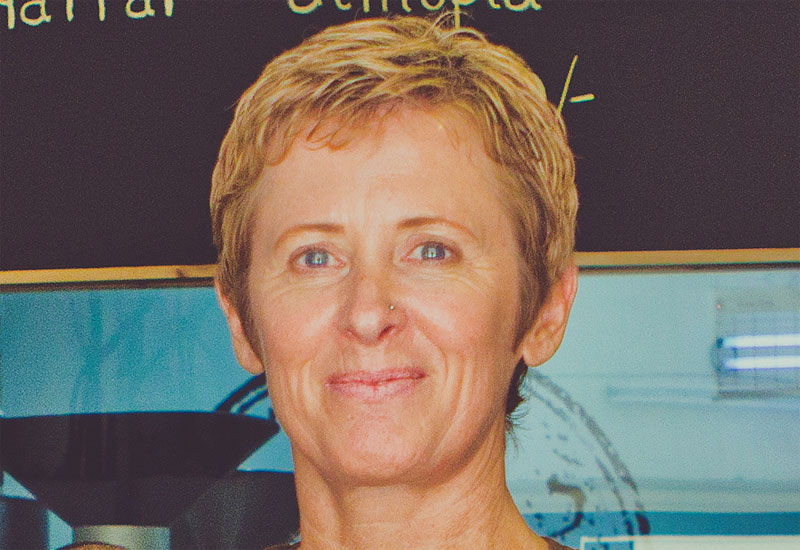If you know nothing about preparing coffee, you may find it incredulous that it can be so hard to find a good cup — after all, we are in the hospitality business. And while you don’t have to know much about how to make a good coffee, you most certainly know when the coffee you drink is not to your liking. You may drink it anyway, as obviously you are mostly after the caffeine. So here are a few really basic tips that could improve your day.
Coffee should be looked at as a fresh product, not something that sits in your dry goods on a shelf for months or even years. Coffee beans are best served between the seventh and twenty–first day after being roasted and bagged in a valved air–tight bag. Freshness makes all the difference to the quality of coffee (similar to, say, a freshly squeezed orange juice or a boxed long life juice), and you can taste it.
You should store beans in an air–tight container, in a dark cupboard, and not the fridge or freezer. If you don’t have an air–tight container, you could always roll up the coffee bag, squeezing out any air, and use a snap clip to seal it. There isn’t anything wrong with a quick chamber vac to keep it at optimum levels either.

| Advertisement |
Coffee, like apples, oxidises, and while you can’t see it turn brown, it does. Once it is ground, it loses a vast percentage of its flavours and aroma within minutes, because you have made the surface area over a 1000 times bigger. Basically, air and humidity are coffee’s enemy; keep it stored correctly in a normal indoor ambient temperature and buy small volumes often, grinding as needed.
You can’t expect to get an amazing coffee if you do not use really good beans (think mutton dressed as lamb, or Wagyu versus striploin). Fresh is everything. When discussing freshness, you must also take into consideration the purity and quality of the water and milk, and the cleanliness of the equipment.
Let’s assume we have some delicious fresh beans on hand and now all we have to do is make the coffee. We are not going to get into a discussion — or argument — about manual or semi–automatic versus automatic equipment. Most outlets have budgets and commercial constraints, and there is also staff retention and training to consider. But we are going to discuss basic rules and the variables for all equipment, when hoping to deliver a good espresso–based drink.
Fresh beans, fresh water, fresh milk, where a single espresso measures 30ml. Easy? Not really. In the rest of the world, a barista is a hospitality professional. He or she gets paid a lot of money, is head hunted and has groupies. Honestly!
A barista is the interface between the coffee grinder and the espresso machine, and they use their knowledge and skill to minimise the variables, managing dosage, tamping, volume and time — and their espresso tastes awesome.
You grind the coffee to order, you calibrate your equipment to give you the exact grams, and please do not quote the old Italian rule of ‘thumb of seven grams’. That was the dark ages with dark–roasted Robusta beans, and is not relevant to today’s world of coffee.
The hot water should soak and infuse the ground coffee at approximately 92°C, and the pressure or bar of pressure depends on which machine you are working with. Temperature is very important, both with the water and then with the milk. You know when you are in the kitchen, and you get an order for a well–done steak, you roll your eyes but you put as much love and attention into it as... Well, it’s similar when someone asks for an extra hot latte. Boiling the milk breaks down the protein and the casein; it makes the milk watery, it loses its sweetness and it does not combine nicely with the coffee.
But hey, it’s your coffee, you have it how you want it, sort of like the steak… Coffee does have a lovely healthy margin for a commercial outlet though and we would dearly love to see it receive more respect. We would also love, one day, to see baristas recognised for their skill.
Bio: Kim Thompson is the managing director and owner of Raw Coffee Company, and the roastery is open all week from 8am to 5pm. It offers certified European training for both commercial and domestic coffee lovers.









 Search our database of more than 2,700 industry companies
Search our database of more than 2,700 industry companies









